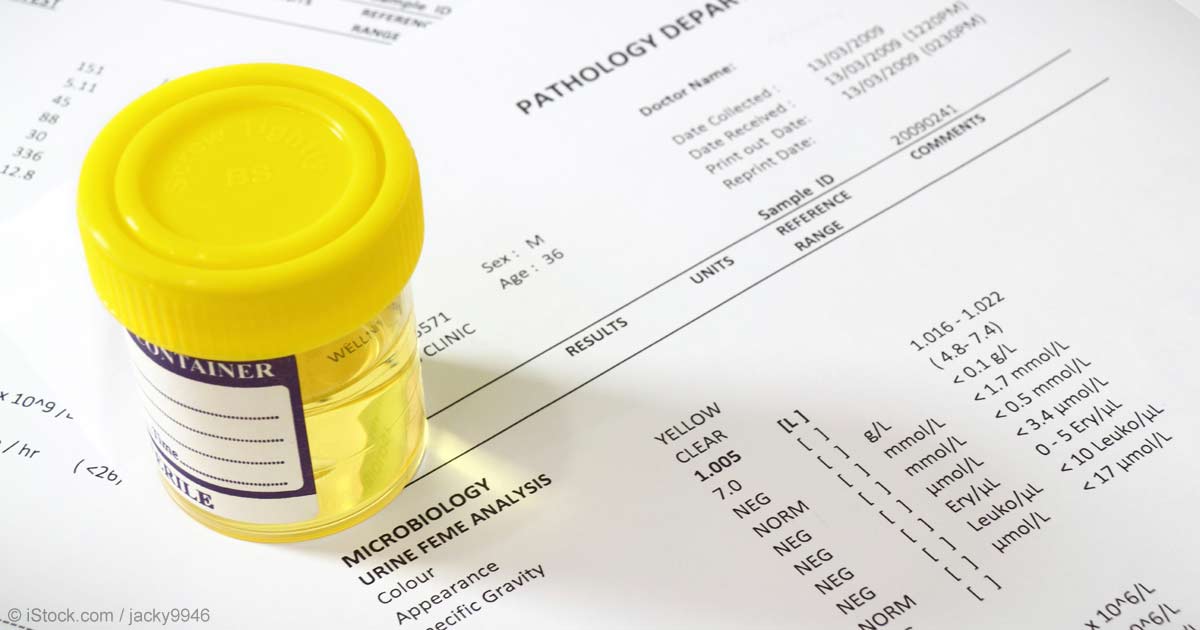Canary Speech, an AI-enabled voice biomarker technology company, was awarded a patent for the development of its paired neural networks for speech analysis aimed at advancing the field of voice biomarker technology.
The patent covers a paired neural network system to improve AI-powered speech analysis. It enables precise monitoring of subtle changes in an individual’s voice by comparing it with previous samples.
This approach allows for the creation of highly personalized vocal biomarkers, which can enhance the accuracy of detecting various health conditions by focusing on changes rather than individual vocal traits.
Canary technology processes more than 15 million data elements per minute of conversational speech by computing feature vectors from speech samples and analyzing them with neural networks.
The technology allows for the use of vocal biomarkers assessments for various diseases and human conditions, which can be objectively measured in real-time and for specific measurements to be compared at different times.
The system uses a transformer neural network and regression techniques to assess health conditions and changes based on speech patterns.
“This will allow for significantly better ability for clinical team members to follow and understand the progression of patients longitudinally,” Canary CEO Henry O’Connell told MobiHealthNews via email.
For example, when an individual is released from a hospital after a major health event, they are often followed bi-weekly by a clinical team member with a telephone call to assess their progress, identify potential problems and take appropriate actions to ensure a stable recovery.
“Many questions may be asked of the patient by the caregiver, including their stress, anxiety, fatigue and how well they are sleeping,” O’Connell said. “The patient is evaluated for potential complications such as pulmonary track inflection, fatigue, pain and others.”
He said Canary Speech can measure many of these health conditions during the telephone call and compare how the patient is doing since the last telephone call.
“All of this is available in real-time, providing the clinical team member with actionable information to help guide the conversation, explore areas of concern based on objective data, and use their judgment to take informed actions to ensure the best outcome for the patient,” he said.
THE LARGER TREND
Canary has been actively expanding its impact across healthcare and veteran support. Last month, the company announced a partnership with the Veteran Business Project, a nonprofit focused on aiding veteran entrepreneurs.
The collaboration leveraged Canary’s technology to provide veterans with tools for monitoring their mental health, accessing wellness recommendations and identifying potential stress triggers, enabling them to concentrate on their business goals while managing their well-being.
In June, Canary Speech secured $13 million in Series A funding led by Cortes Capital (Love’s Private Equity) with contributions from SMK (Japan), Hackensack Meridian Health and Sorenson Communications.
The company said the funding round would support its continued innovation and growth.
Last year, Canary expanded its capabilities through a partnership with Microsoft, utilizing the software giant’s AI technology to enhance its machine learning speech models for healthcare applications.
The company integrated its technology with Life365, a remote patient monitoring and virtual care provider, to create a unified platform.
Canary also joined forces with Hackensack Meridian Health, a collaboration that included a strategic investment from the nonprofit healthcare network and its Bear’s Den innovation accelerator program.
Other notable players in healthcare speech-recognition technology include Voiceitt and NVIDIA.


